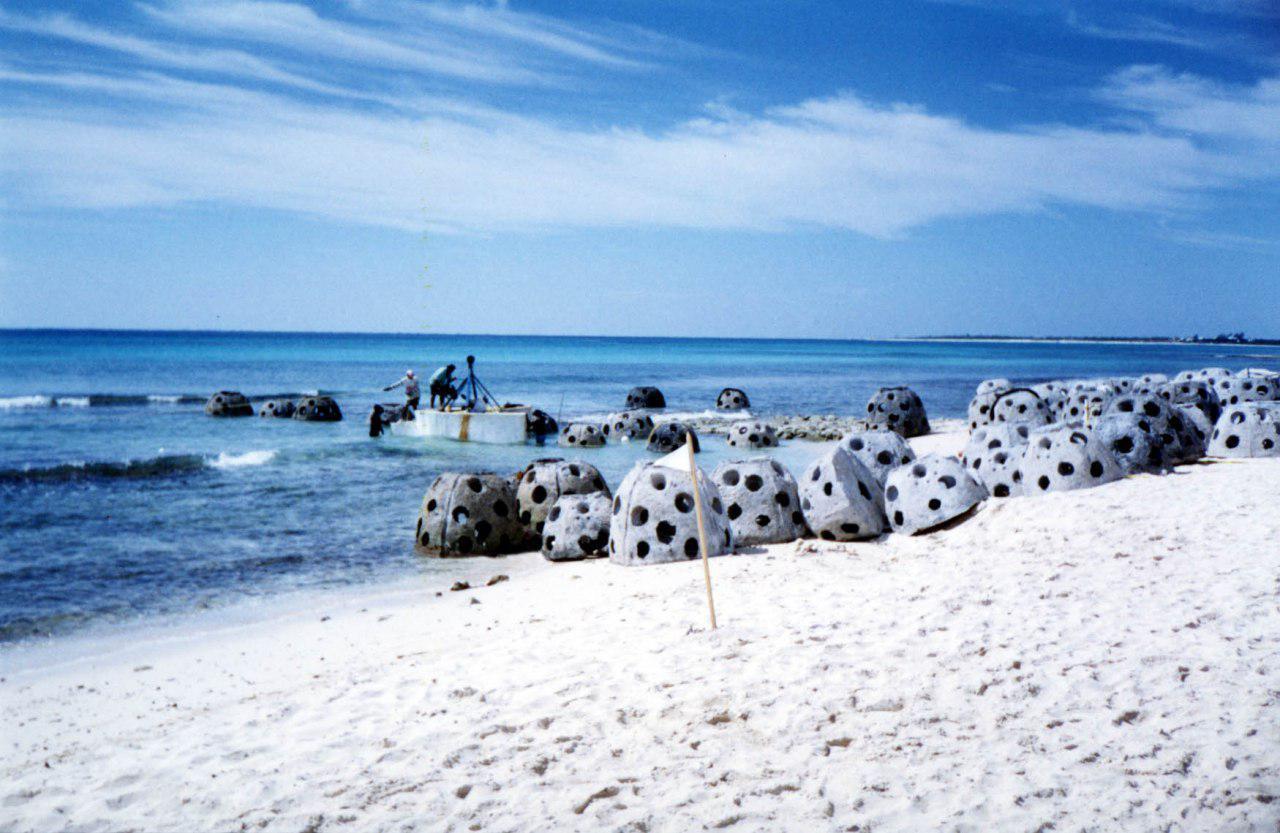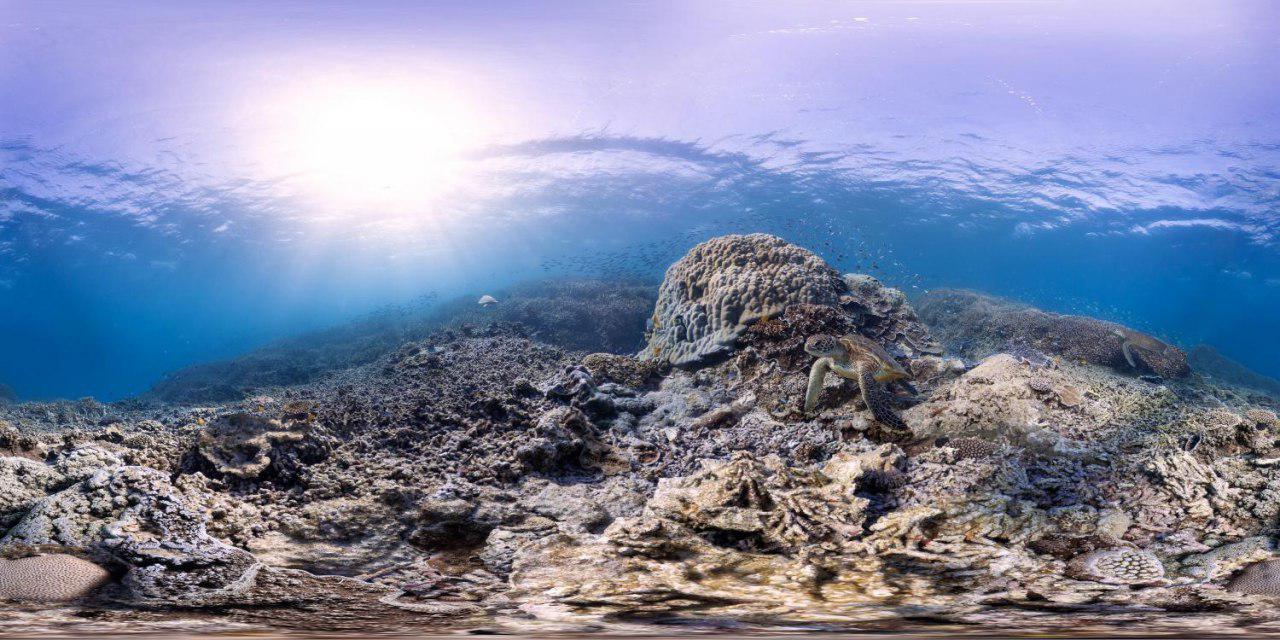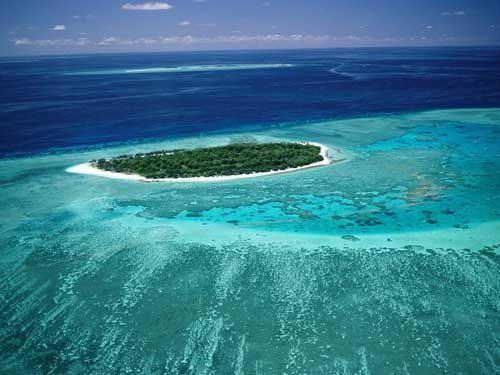SYDNEY, Feb. 23 (Xinhua) — A new study has revealed that many of the world's coral reefs are set to face the threat of erosion over the coming decades as ocean acidity levels continue to rise.
Using underwater benthic chambers at four reef locations in the Pacific and Atlantic Oceans, Australia's Southern Cross University along with partners in the U.S. created acidic conditions that marine species are likely to face over the next 30 years.
The alarming findings at Heron Island, Hawaii, Bermuda and Tetiaroa showed that the sands which provide material for the building and maintenance of coral reefs began to dissolve at a rate ten times faster than corals can grow.
"Coral reef sediments around the world will trend towards dissolving when seawater reaches a tipping point in acidity which is likely to occur well before the end of the century," Professor Eyre from Southern Cross University's Centre for Coastal Biogeochemistry told Xinhua on Friday.
"This will potentially impact coral reef ecosystems, not to mention tourism, fisheries and the many other human activities that occur around reefs."
Caused by CO2 emissions, Eyre believes it's vital that marine authorities and nations across the world work together on solving the problem.
"It is vital that we put pressure on governments globally to act in concert to lower CO2 emissions as this is the only way we can stop the oceans acidifying and dissolving our reefs," he said.


